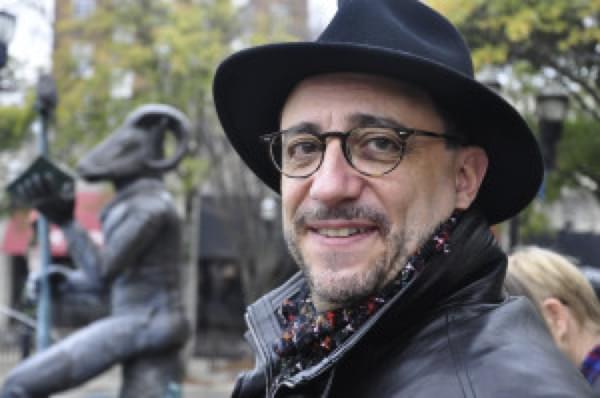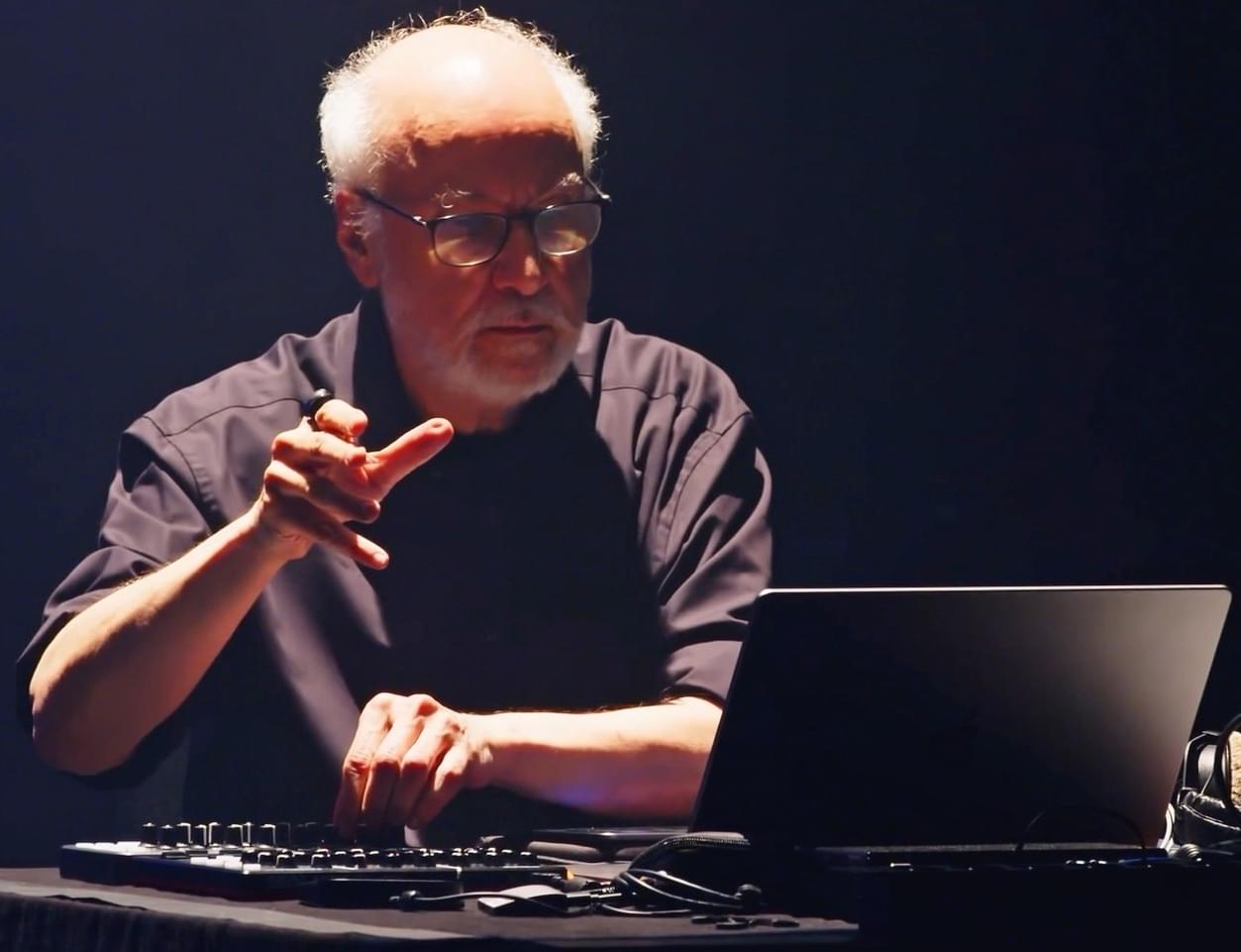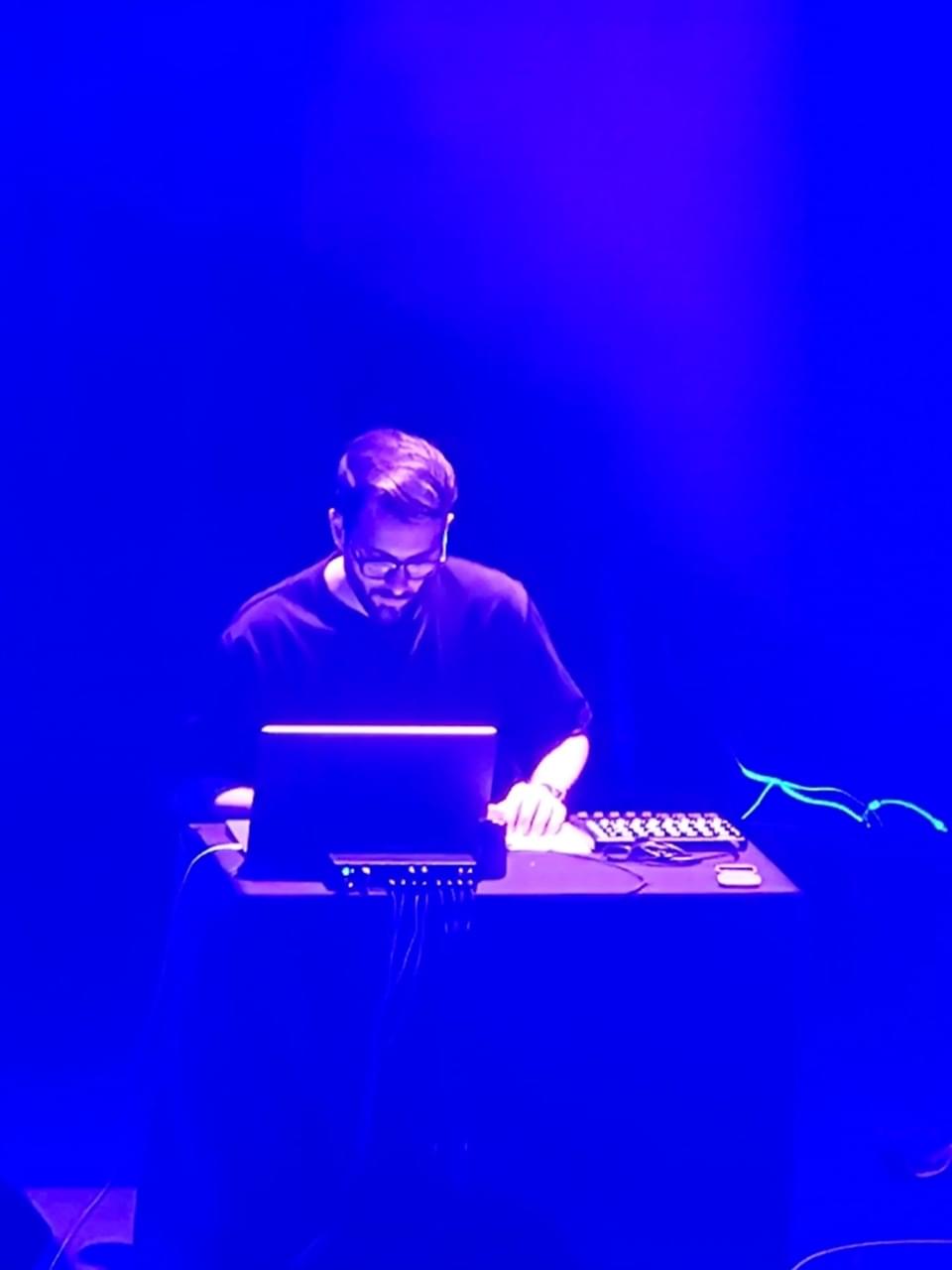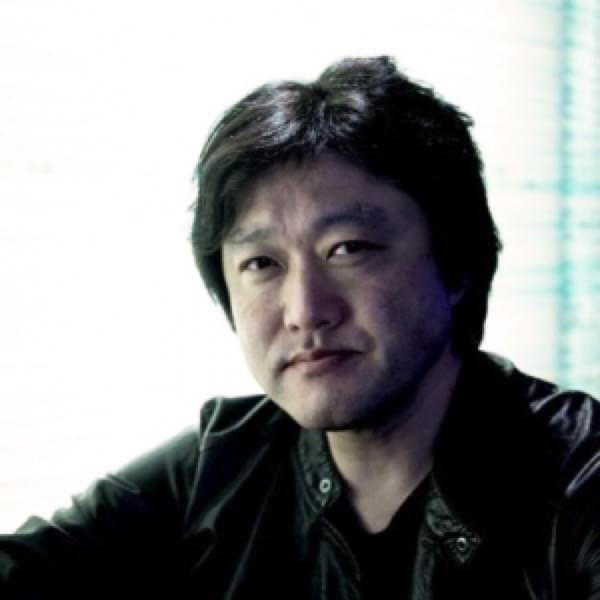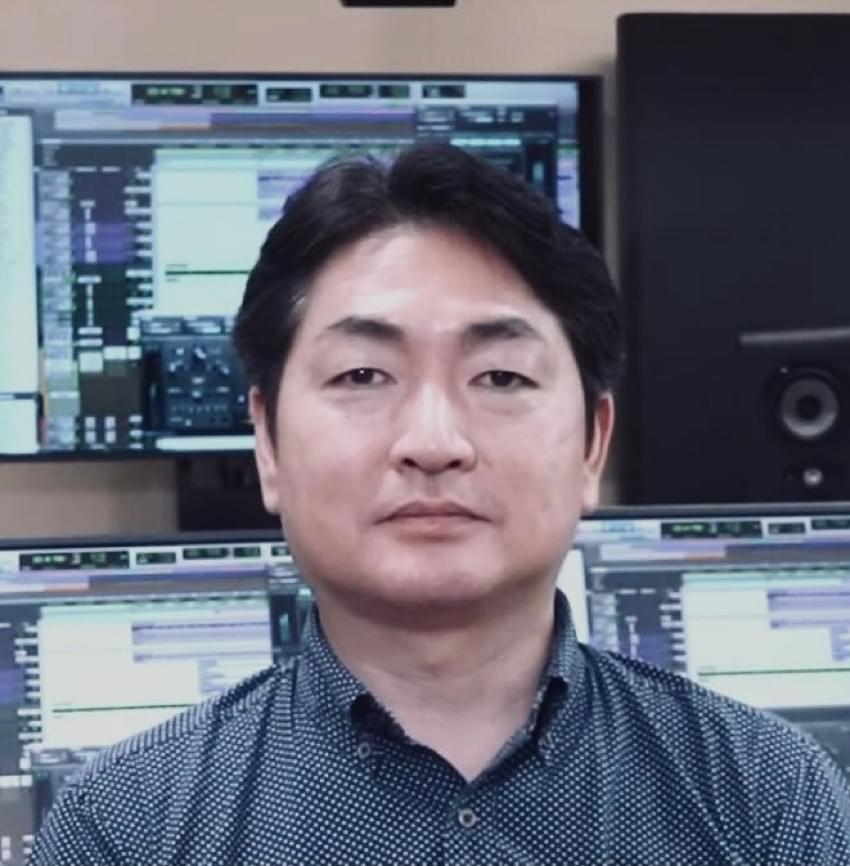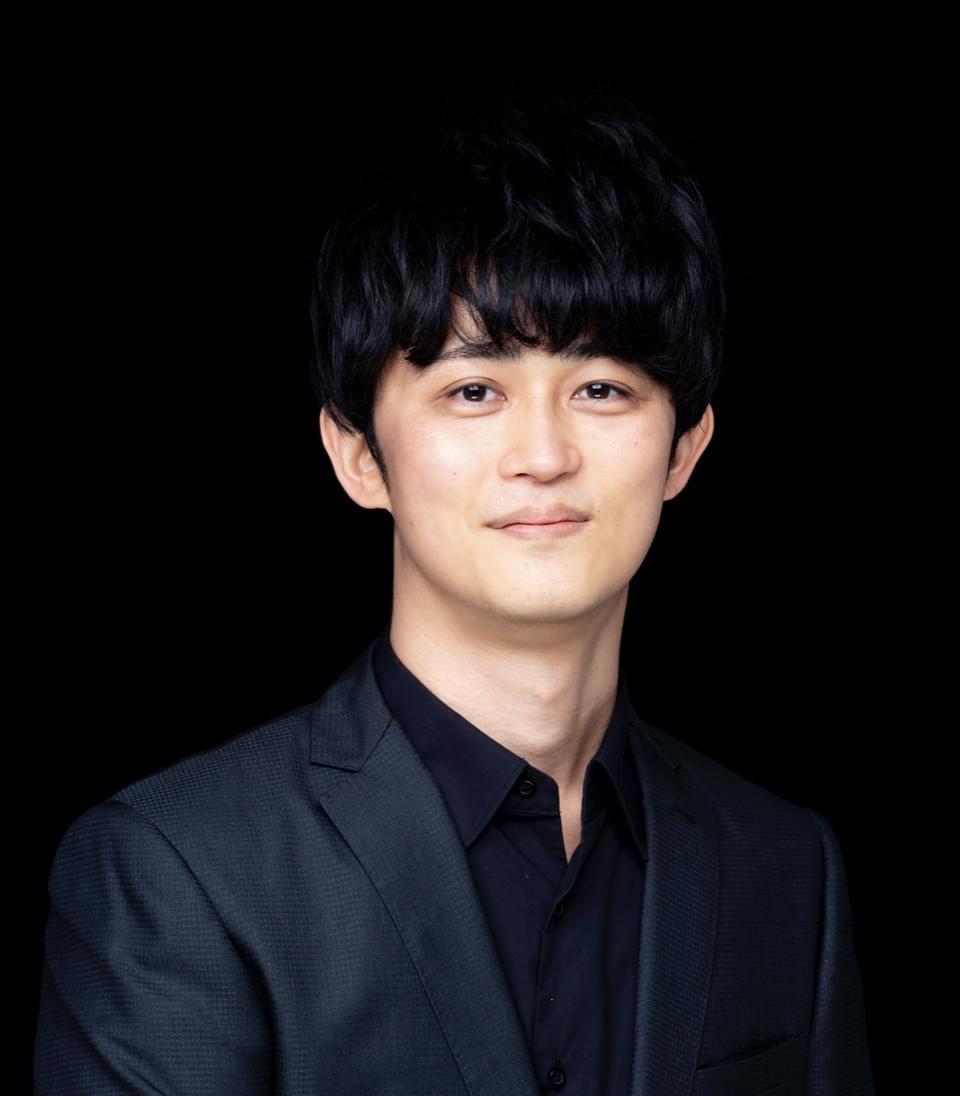Gérard Assayag
Gerard Assayag, an Ircam research director, is head of IRCAM Music Representation Team, a team he has founded in 1992. He has been head of the Ircam research lab (STMS, a joint lab between Ircam, CNRS and Sorbonne University) between 2011 and 2017.
His research interests are centered on music representation issues, including programming languages, machine learning, constraint and visual programming, computational musicology, music modeling, and computer-assisted composition and interaction. He has designed with his collaborators OpenMusic and OMax, two music research software environments which have gained international reputation and are used in many places for computer assisted composition, analysis and improvisation.
Assayag is a co-founder of Collegium Musicae, the Sorbonne University Institute for Music Sciences ; he has participated to the kick-off of the Sorbonne Institute for Artificial Intelligence (SCAI) where he has strongly contributed to define the Digital Humanity Axis programme. He has co-founded the French Society for Computer Music (AFIM) as well as the International learned Society for Mathematics and Computation in Music (SMCM) and its associated, first-of-kind, peer-reviewed Journal of Mathematics and Music (JMM), now a pillar of the research community in music computing. Assayag serves in the Editorial Boards JMM, of the Journal of New Music Research (JNMR) and of the Springer Computational Music Science Series. He has organized or co-organised the "Forum Diderot, Mathematique et Musique" for the European Mathematical Society in 1999 as well as several international computer music conferences, including the Sound and Music Computing 2004 conference, the 3rd Mathematics and Computation in Music conference in 2011, the Mathemusical Conversation Intl Workshop in Singapour in 2015, the Improtech Paris - New York 2012, Paris-Philadelphia 2017 and Paris-Athina 2019 conference / festival on Improvisation an new technologies.
Gerard Assayag has been co-editor of several journal special issues on music science such as JNMR or Soft Computing, and of books including Mathematic and Music (Springer-Verlag 1999), The OM Composer's Book I, II & III (Delatour 2006-2016), New Computational Paradigms for Computer Music (Delatour 2009), Constraint Programming in Music (Wiley 2012), Mathemusical Conversations (World Scientific 2016).
Assayag has defined through theoretical publications and popular technologies such as OpenMusic and Omax the concept of symbolic interaction to account for rich and versatile musical dialog between machines and humans, traversing several levels and scales of information structure, from acoustic signal to higher symbolic and cognitive ones. His conceptions are now evolving towards general Co-Creativity in Cyber-Human Workship, aiming at shaping the next generation of human-machine artistic interaction.
Mikhail Malt
Mikhail Malt, researcher, composer, computer musician. Having a twofold training, scientific and musical (engineer, composer and music conductor), started out his musical career in Brazil as both flutist and orchestral conductor, having conducting youth orchestras for almost ten years. He has a PhD degree from the “École des Hautes Études en Sciences Sociales” and a HDR (Habilitation à Diriger des Recherches) degree from Strasbourg university, École Doctorale des Humanités [EA 3402 - ACCRA].
Was Associated Professor at Sorbonne Paris IV, from 2006 to 2012 and Computer Music Designer Teacher in the Educational Department of Ircam, Paris-France until 2021. Currently he is researcher at Ircam in the Représentations Musicales team and Associate Director of Research at the IReMus — (UMR 8223)—Sorbonne Universités. His actual research and creative work are based on generative music models, creative systems, representation epistemology, and various listening strategies.
Marco Fiorini
Marco Fiorini is an Italian musician and researcher dedicated to improvisation and new forms of musical expression, with a mixed artistic and scientific background.
He graduated in Sound and Music Computing (MSc) at Aalborg University in Copenhagen, in Jazz Guitar (BA) and Electronic Music (MA) at the Conservatory of Bologna and in Computer Engineering (BSc) at the University of Bologna.
He is currently part of the Music Representation team at IRCAM, where he is engaged in research related to the REACH project, in particular on the co-creative improvisation software Somax2, and is exploring new forms of interaction in improvised music with artificial agents as part of a PhD thesis at Sorbonne Université in Paris.
He works on artistic research projects together with musicians such as Jöelle Léandre, Lorenzo Colombo, Sylvain Luc, György Kurtág Jr, Jean-Marc Montera, Horse Lords and tellKujira. He has given numerous concerts, presentations and workshops in several countries, oscillating between free improvisation, spontaneous composition, sound performance and sound art and performing at prestigious improvisation and contemporary music festivals such as ManiFeste (Centre George Pompidou, Paris), Klang (Royal Danish Academy of Music, Copenhagen), Mixtur (ESMUC, Barcelona), Improtech, Le Mans Sonore.
Suguru Goto
Suguru Goto is a composer/performer, an inventor and a multimedia artist and he is considered one of the most innovative and the mouthpiece of a new generation of Japanese artists. He is highly connected to technical experimentation in the artistic field and to the extension of the existing potentialities in the relation man-machine. In his works the new technologies mix up in interactive installations and experimental performances; he is the one who invented the so called virtual music instruments, able to create an interface for the communication between human movements and the computer, where sound and video image are controlled by virtual music instruments in real-time through computers. Lately, he has been creating the robots, which perform acoustic instruments, and he is gradually constructing a robot orchestra.
He was born in Japan. After he studied composition and piano in Japan, he moved to the United States to continue his studies at New England Conservatory in Boston. He preceded his post-graduate studies at Technical University Berlin and HDK in Berlin, Germany and Paris University in France. He studied composition with Lukas Foss and Earl Brown in U.S.A, and with Robert Cogan at New England Conservatory and Dieter Schnebel in Berlin, Tristan Murail and Philippe Manour at IRCAM, Paris.
He has been internationally active and has received numerous prizes and fellowships, such as Koussevitzky Prize, BSO fellowships, the first prize at the Marzena, Berliner Kompositionaufträge, a prize by the IMC International Rostrum of Composers in UNESCO, Paris, DIRECAM, French Cultural Minister, Music Theater Award 2008 in Berlin, "OFQJ-dance and new technology prize" at Bains Numérique #4, International Festival of digital art of Enghein-Les-Bains, in France, in 2009 and so on. His works have been performed in major festivals, such as Resonaces/IRCAM, Sonar, ICC, Haus der Kultures der Welt, ISEA, NIME, AV Festival, STRP Festival 2009, Venice Biennale, etc.
In 1995, his first opera "NADA (Media Opera)" was performed in Shauspielhaus, Berlin. At the same year, he moved to Paris in order to realize a project at IRCAM, Paris. In 1996, his "VirtualAERI" was given the first performance at Espace de projection, IRCAM. In 1998, he was invited to perform at Sonar, Barcelona. In 1999, he was invited to perform at ICC in Tokyo. In 2003, his concert was given at Pompidou Center, in Paris. In 2006, his “RoboticMusic” was commissioned by AV Festival in Newcastle, England and was enthusiastically received by the large public, as well as the mass medias. He has been producing computer music and researching at the group "Gestural Controller" in IRCAM, Paris since 1995. Lately, he has been working for Brass instrument robots with Artificial Mouth at IRCAM, as well. In 2007, he was Artist in Residence at ATLab, Ohio University, in USA. He was now Artist in Residence at Academy of Media Arts, Cologne, in Germany. His "RoboticMusic" was shown at the 53rd Venice Biennale 2009 in Italy.
Goto's works have been shown in Canada, England, Germany, France, Holland, Italy, Portugal, Poland, Roumania, Spain, Slovenia, Swiss, Ukraine, Japan, and U.S.A. His works are published by "Edition Wandelweiser GmbH"(Germany). His "Giseion to Gousei" is recorded on CD, which is available from Akademie der Künste label (Germany) and his "Temps tressé III" from ALM Records (Japan).
http://gotolab.geidai.ac.jp/
Takeyoshi Mori
Takeyoshi Mori is a composer, programmer, and educator whose works have been performed at Musica Viva 2007 in Portugal, 101Tokyo in Iceland, Taiwan Sonic Arts Festival 2015, Asia Computer Music Project 2018 in Bangkok, and International Computer Music Conference 2019 in New York and 2020 in Chile.He studied composition and sound programming at Senzoku Gakuen College of Music and New York University, where he studied with Robert Rowe, Joel Chadabe, and Nick Didkovsky. His recent activities have ranged from composing electroacoustic music to organizing lecture classes and exchange concerts in East Asian countries. He is Co-Director and Professor at Music Design Course of Senzoku Gakuen College of Music.
Ko Sahara
Composer and Computer Music Designer Ko Sahara's works characterized by its delicacy and fluidity. Its foundation is principally made up of restricted ideas and delicate instrumental technic. In 2019-2020, he took part in the IRCAM Cursus program for composition and computer music after studying at the Tokyo College of the Music, Tokyo University of the Arts and Conservatoire National Supérieur de Musique et de Danse de Paris. As Computer Music Designer, Ko Sahara plays the over 80 works for instrument(s) with electronics Founder of ensembl SPAC-E and ensemble kasane. His scores are published by BabelScores. Teaching Position of Senzoku Gakuen College of Music (Kanagawa, Japan).
https://kosahara.com
